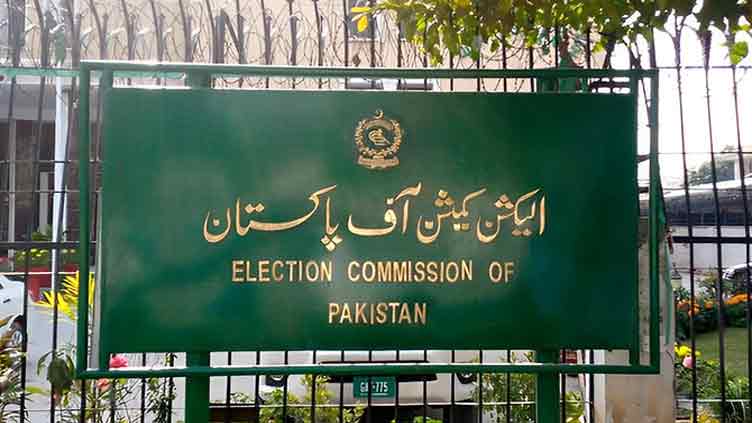ECP gets powers to appoint election tribunal judges

Pakistan
These panels are formed to hear rigging complaints
- Retired high court judges to fill the slots
- Made independent of consulting the relevant high court chief justice
- Amendment to Election Act through an ordinance comes amid a deadlock between the electoral body and LHC as well as the orders passed by an IHC judge
By Adeel Warraich
ISLAMABAD – A latest development, which can be described as a game changer, about the nature of election tribunals means that the country’s top electoral body now enjoys powers to appoint judges for hearing the complaints, sources say.
According to the sources in law ministry, the Election Commission of Pakistan (ECP) has also got the authority to also transfer the pending cases to the new tribunals.
It means, the sources added, the ECP is going to set up new tribunals comprising retired high court judges, as the latest ordinance issued to amend the Election Act 2017 has restored its Section 140 in the original shape.
Hence, the ECP can appoint retired judges to the election tribunals without consulting the high court chief justices.
Before August 2023, the ECP enjoyed the powers under Section 140 to also appoint retired judges besides the serving ones and it was required to consult the relevant high court’s chief justice only in the case of serving judges. However, parliament had snatched these powers from the ECP.
As far as the current state of affairs are concerned, a deadlock has developed between the ECP and the Lahore High Court (LHC) over the establishment of election tribunals.
The ECP is of the opinion that a high court chief justice only proposes a panel and it can select any of the judges out of the list.
Now the changes in the Election Act means the ECP will neither be required to ask a high court to forward a panel nor hold consultations with the relevant chief justice.
The ECP says a total of 180 petitions have been filed challenging the election results of National Assembly seats in Punjab and Islamabad. The figures also include those related to the Punjab Assembly.
So far, one tribunal has been established for Islamabad and another four in Punjab where the formation of more is delayed – a result of the deadlock between the ECP and the LHC.
The law ministry informed Dunya TV that the ECP had the powers under Section 151 to transfer the pending cases after the formation of new tribunals – whether on its own or if any of the parties requested to do so.
As a result of the latest ordinance, the ECP will now appoint retired judges to the election tribunals in complete contrast to the previous provision which stipulated that only the serving high court judges could hear such matters and consultation with the relevant high court chief justice for the appointments was mandatory.
When contacted, the ECP officials confirmed that the retired judges could be posted to fill the slots in election tribunals, making the body independent of any consultations.
The latest amendments have been introduced at a time when an Islamabad tribunal headed by Justice Tariq Mehmood Jahangiri is hearing the complaints related to NA-46, NA-47 and NA-48 – the three National Assembly seats allotted to the federal capital.
These petitions have become a centre of attention after the important remarks passed and orders issued by the tribunal, which has directed to present the entire record of the three constituencies along affidavits.


